Team Leader
Level 3
Course Summary
A team leader/supervisor is a first line management role, with operational/project responsibilities or responsibility for managing a team to deliver a clearly defined outcome. They provide direction, instructions and guidance to ensure the achievement of set goals. Working in the private, public or third sector and in all sizes of organisation, specific responsibilities will vary, but the knowledge, skills and behaviours needed will be the same whatever the role. Key responsibilities are likely to include supporting, managing and developing team members, managing projects, planning and monitoring workloads and resources, delivering operational plans, resolving problems, and building relationships internally and externally.
-
Individual employers will determine the entry criteria, but this will typically include:
- GCSEs grade C/4 or above in maths & English.
- Recent experience in a team leader or similar role
- Other relevant qualifications or experience.
You have to be aged 16 years or over and must be working in the Digital sector for at least 30 hours a week.
You also need to be a resident in England and not in full-time education.
Candidates who have not achieved maths, English and ICT skills at Level 2 (equivalent to GCSE Grade C/4 or above) prior to commencing their training, will need to achieve this before taking their end-point assessment.
-
Successful teams are how great companies are built, and behind every successful team is an effective team leader. They help to foster a positive work culture, and that results in a happy workforce producing great results for a company that thrives. Team leaders do a little bit of everything, so organisation and planning are crucial to the role.
Roles/Occupations may include:
Supervisor
Team Leader
Project Officer
Shift Supervisor
Foreperson
Shift Manager
-
Responsibility is the first thing to expect in a Team Leader role: you’ll have your own tasks to complete, but you’ll also have a team to manage, so it’s a fine balancing act. On a daily basis, you’ll be focusing on:
Supporting, managing and developing team members
Managing projects
Planning and monitoring workloads and resources
Delivering operational plans
Resolving problems
Building relationships internally and externally
To achieve final certification, the apprentice must pass their End-Point Assessment (EPA).
A pass in the EPA will demonstrate that the Apprentice can apply the knowledge, skills and behaviours required by the standard.
Talk to our team today
Ask our team a question about our courses, how to get started or anything else to do with The Colleges Partnership here, we will get back to you as soon as possible.

